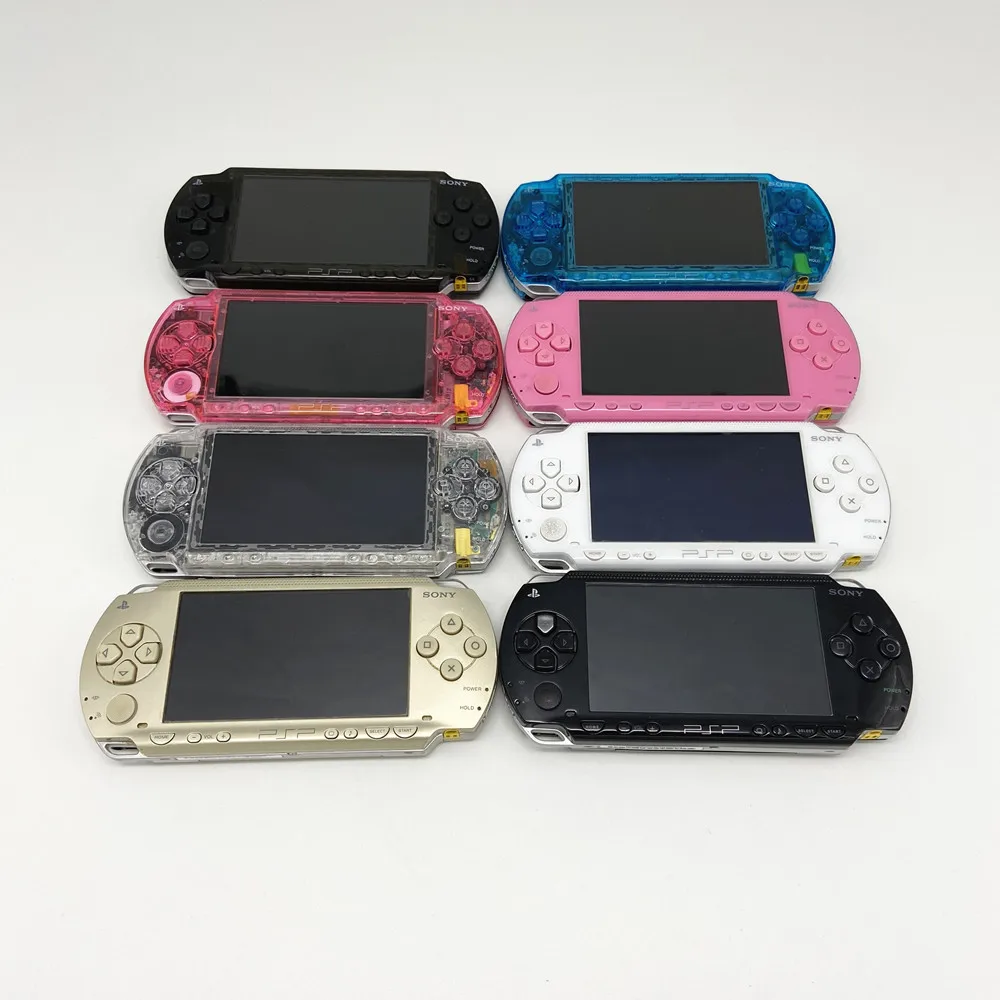Amsterdam, Netherlands - In a nation where the vast majority of people consider themselves to be atheist and believe only in the right to dignity and the freedom of choice, a law on euthanasia was inevitable and it entered into force in the latter stages of the twentieth century. Now in effect for some years, the first investigations into its functioning are set up to start.
Recent investigations have shown that many doctors in the Netherlands are reluctant to carry out requests for euthanasia, feeling it stands directly opposite the essence of their duty: saving people from illness. Statistics show that of all requests to euthanasia, 60% is declined by doctors, more often in the second than in the first stage of the process of request. The patient's home doctor will often sympathise with the patient and give his blessing (be it with a soar heart), but the second, independent, doctor who must also agree more often declines based on cold facts regarding the patient's illness.
An obligatory waiting period written down in the law is the second buffer in the process as often, a request to euthanasia is directly related to a state of depression that fades with time. Eighty-nine year old Mrs Van de Winkel, for example, changed her mind after a week and told her doctor: "Thank you for waiting, I do feel better now."
Mental suffering is not regarded as a valid reason to ask for euthanasia, only physical suffering without an end is. But "physical suffering" is a loose term and everybody gives his or her own interpretation to it. Such as Mr Rozendaal, diagnosed with a braintumor, who just filed his request for euthanasia: "I have lived my life in dignity, I shall die in dignity. I will not wait for the tumor to slowly eat up my brain, my being, to the point where my family will have to feed and dress me."
"Request granted", the form reads. The end for Mr Rozendaal has come. Reassuring words from the doctor: "The journey you are about to take is unknown to medical science but I believe many good things will come to you from this point onwards."
We are asked to leave the room where Mr Rozendaal, his wife, and their doctor will carry out the procedure. We wait on the other side of the closed and spotless, white hospital door until the rhythmic beep on the other side stops.
Article taken from Dutch daily newspaper "Algemeen Dagblad"
Translation: Erik
------------------------
Any views on the matter? Where do you stand on euthanasia?
Recent investigations have shown that many doctors in the Netherlands are reluctant to carry out requests for euthanasia, feeling it stands directly opposite the essence of their duty: saving people from illness. Statistics show that of all requests to euthanasia, 60% is declined by doctors, more often in the second than in the first stage of the process of request. The patient's home doctor will often sympathise with the patient and give his blessing (be it with a soar heart), but the second, independent, doctor who must also agree more often declines based on cold facts regarding the patient's illness.
An obligatory waiting period written down in the law is the second buffer in the process as often, a request to euthanasia is directly related to a state of depression that fades with time. Eighty-nine year old Mrs Van de Winkel, for example, changed her mind after a week and told her doctor: "Thank you for waiting, I do feel better now."
Mental suffering is not regarded as a valid reason to ask for euthanasia, only physical suffering without an end is. But "physical suffering" is a loose term and everybody gives his or her own interpretation to it. Such as Mr Rozendaal, diagnosed with a braintumor, who just filed his request for euthanasia: "I have lived my life in dignity, I shall die in dignity. I will not wait for the tumor to slowly eat up my brain, my being, to the point where my family will have to feed and dress me."
"Request granted", the form reads. The end for Mr Rozendaal has come. Reassuring words from the doctor: "The journey you are about to take is unknown to medical science but I believe many good things will come to you from this point onwards."
We are asked to leave the room where Mr Rozendaal, his wife, and their doctor will carry out the procedure. We wait on the other side of the closed and spotless, white hospital door until the rhythmic beep on the other side stops.
Article taken from Dutch daily newspaper "Algemeen Dagblad"
Translation: Erik
------------------------
Any views on the matter? Where do you stand on euthanasia?
 Buy on AliExpress.com
Buy on AliExpress.com

